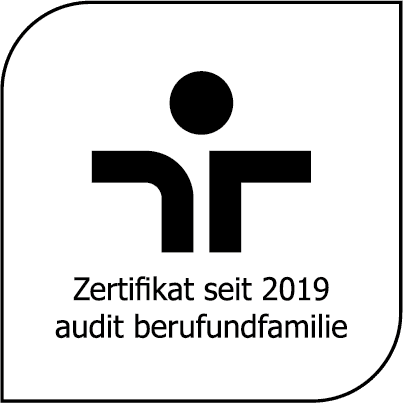Test instruments sorted
Contact person for the Open Test Archive
Gülay Karadere (Dipl.-Psych.)
Research Associate
guek@leibniz-psychology.org
ASKU
Allgemeine Selbstwirksamkeit Kurzskala
Short abstract
The ASKU with three items is used to economically measure subjective competence expectations. Reliability: Reliability (according to McDonald) varies between Omega = .81 and Omega = .86. Validity: Analyses of factorial validity support the assumption of a single factorial structure of the short scale. This result is compatible with findings from the literature. As expected, there is a high correlation with "General self-efficacy expectation". (SWE) (r = .75). In addition, positive relations to the psychological variables self-esteem (r = .55), internal control conviction (r = .73 and .62), global life satisfaction (r = .34-.49), optimism (r = .43-.49) as well as to the personality traits neuroticism (r = -.31 to -.44) and extraversion (r = .23-.37) from the five-factor model were found to be in line with theory. Moderate effects can be found on several socio-demographic and socio-economic measures, e.g. on indicators of physical and mental health (r = -.25 and -.29). With its personal net income and education, the ASKU has small but substantial effects (r = .24-.27). In contrast, the ASKU correlates only insignificantly with age and gender. Norms: Reference values (M and SD) are available separately for gender, age group and educational level.
Leibniz Institute for Psychology (ZPID). (2019). Open Test Archive: ASKU. Allgemeine Selbstwirksamkeit Kurzskala. Available at: https://www.testarchiv.eu/en/test/9006490
Citation
Beierlein, C., Kovaleva, A., Kemper, C. J. & Rammstedt, B. (2012). ASKU. Allgemeine Selbstwirksamkeit Kurzskala [Verfahrensdokumentationen, Fragebogen Deutsch und Englisch]. In Leibniz-Institut für Psychologie (ZPID) (Hrsg.), Open Test Archive. Trier: ZPID.
https://doi.org/10.23668/psycharchives.4527
Short information
Short Name ASKU
English Name Self-Efficacy Scale - Short Form
Authors Beierlein, C., Kovaleva, A., Kemper, C. J., Rammstedt, B.
Published in Test archive 2012
Copyright/Licence Copyright Autoren; CC-BY-NC-ND 3.0
Language versions deu eng
Application age 18 years and older
Item number 3 items
Subscales None; General expectation of self-efficacy
Application Time > 1 min.
Interpretation time A few minutes.
Internal consistency: McDonalds Omega = .81-.86.
Findings on factorial validity and construct validity; moderate effects on several socio-demographic and socio-economic measures.
None.
Applications Research
Older versions
Version 1: https://doi.org/10.23668/psycharchives.418
There is no abstract in English available. Short information about the measure can be found under Overview. More can be found on the German pages.
There is no review in English available. Short information about the measure can be found under Overview. More can be found on the German pages.
First published in
Beierlein, C., Kovaleva, A., Kemper, C. J. & Rammstedt, B. (2012). Ein Messinstrument zur Erfassung subjektiver Kompetenzerwartungen. Allgemeine Selbstwirksamkeit Kurzskala (ASKU) (Working Papers 2012|17). Mannheim: GESIS - Leibniz-Institut für Sozialwissenschaften. PSYNDEX Dok.-Nr. 9006490
Feedback form
Feedback on the use of a procedure from the Open Test Archive of the Leibniz Institute for Psychology (ZPID) to the test author(s)
Contact information
Prof. Dr. Constanze Beierlein, Hochschule Hamm-Lippstadt, Marker Allee 76-78, D-59063 Hamm
Dr. Dipl.-Psych. Anastassiya Kovaleva, Universität Bielefeld, Fakultät für Biologie, Biologiedidaktik (Zoologie/Humanbiologie), Universitätsstraße 25, D-33615 Bielefeld
Dr. Christoph J. Kemper, Senior Reseacher, Koernerstraße 8, D-60322 Frankfurt
Prof. Dr. Beatrice Rammstedt, Stellvertretende Präsidentin, GESIS - Leibniz-Institut für Sozialwissenschaften, Abteilung Survey Design and Methodology, Quadrat B2,1, D-68159 Mannheim

 Learn more about us!
Learn more about us! 
